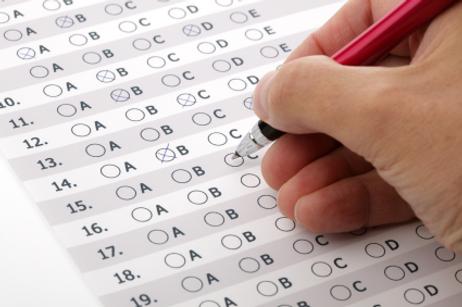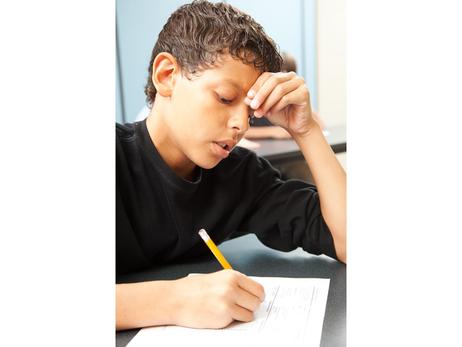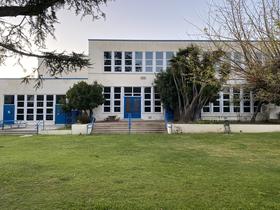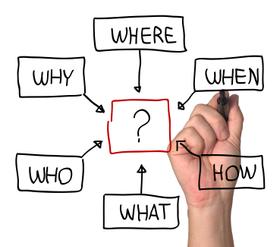When critics inveigh against private schools, they tend to pick on issues such as the following.
Everybody's Rich
Looking at most private schools' beginnings, you will discover that their original clientele was not children from wealthy families. Many of the founders of schools back in colonial times - the Phillips family, for example - saw education as the way forward for the infant democracy in the United States. For the nation to survive, it needed a literate, educated, proficient population. European crusaders like Dr. Maria Montessori and Rudolf Steiner - the founder of the Waldorf Schools movement - began their work among the poor and working classes. Their teachings captured the imagination of the American middle and upper classes when their movements spread to the United States.
Over time, as the schools expanded, they became highly prized for what they accomplished, namely providing an excellent academic education combined with sports and solid core values. Market forces conspired to drive the cost of education up. Social forces conspired to make private schools the place where the elite sent their children. In the 21st century, egalitarian ideas once more have the upper hand. Private schools seek out and encourage applicants from every social and economic strata. Diversity rules. Not everybody who attends private school is rich.
This video offers an overview of Ransom Everglades School in Miami, Florida.
Compulsory Sports
What's not to like about sports?





































